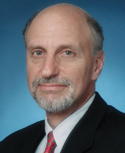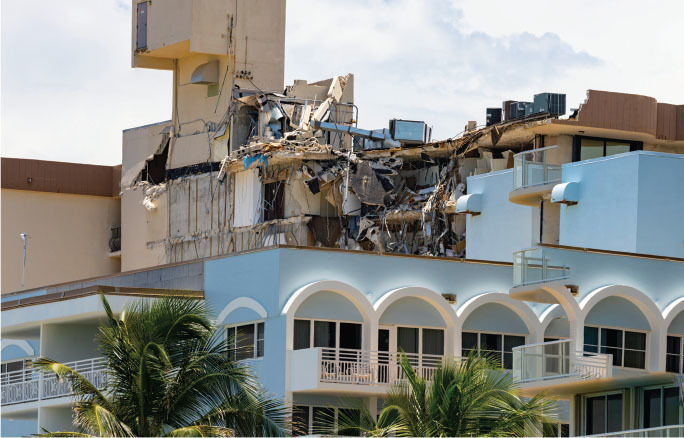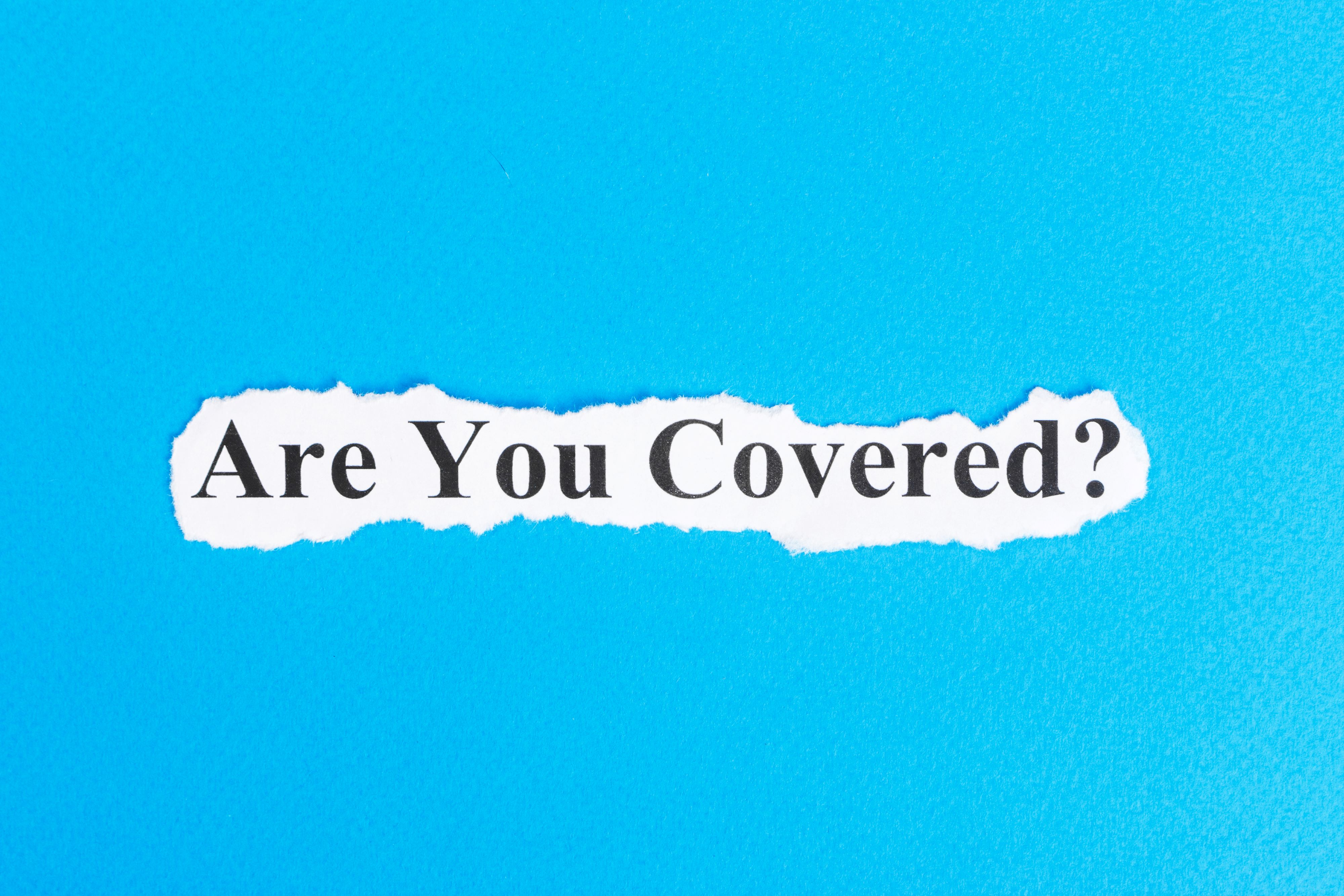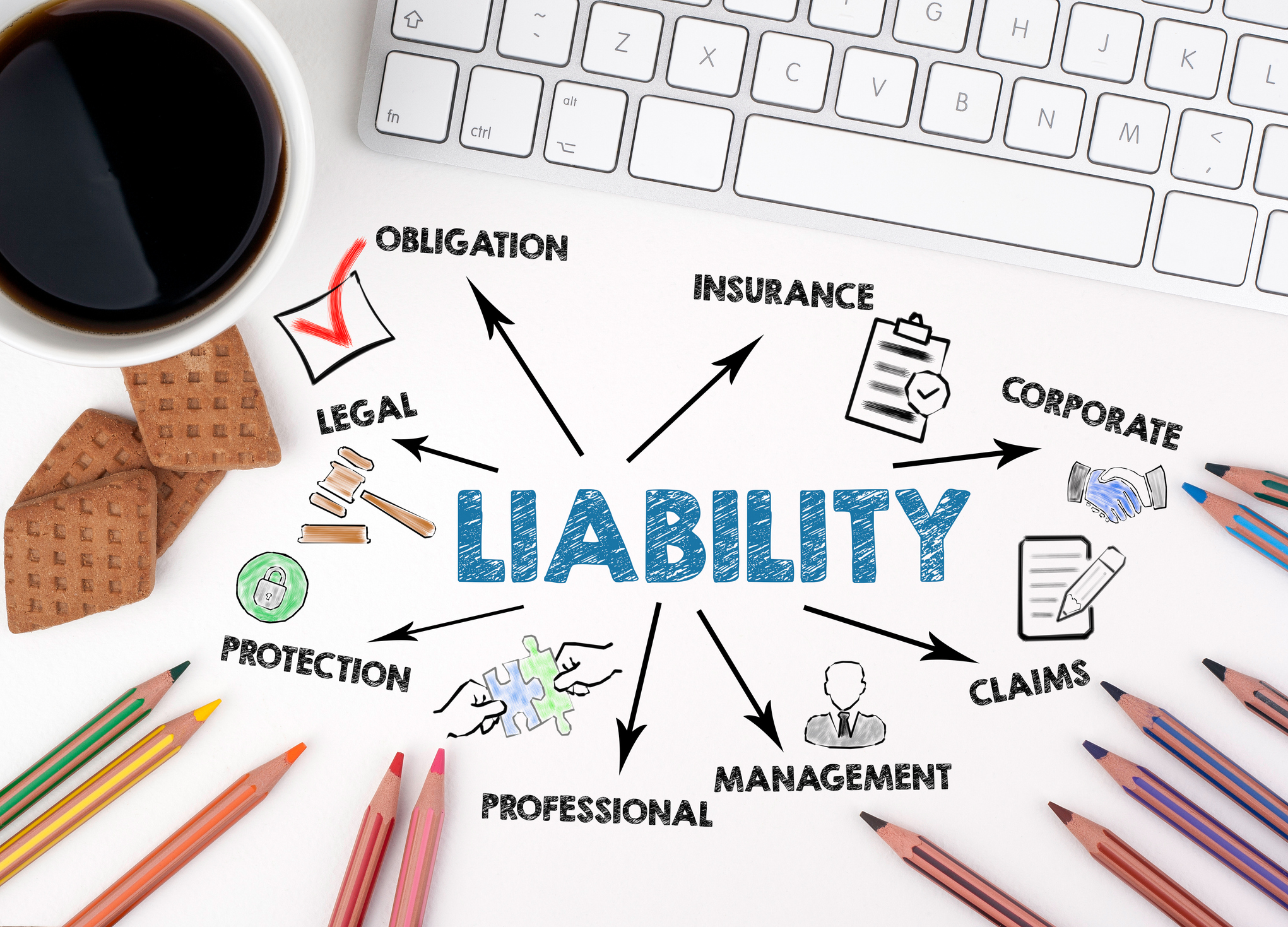May/June 2020
Legal Beat
Commissioning, Publicity, As-Built Drawings, Expert Opinion
BY ARTHUR SCHWARTZ, DEPUTY CHIEF EXECUTIVE OFFICER AND GENERAL COUNSEL

Question: Does EJCDC publish commissioning service contracts standards? (New York)
Answer: EJCDC does not have a model commissioning scope of services, or a commissioning contract or subcontract. Commissioning services are very specific to the type of project and are sometimes performed by a third-party specialist (not the design engineer or the construction contractor). EJCDC’s standard engineering documents include a few commissioning services in the Additional Services section of the Engineer’s Scope of Services (Exhibit A); on the construction side, commissioning and similar duties assigned to the construction contractor would be spelled out in the specifications.
Question: I am a practicing forensic engineer. In my efforts to do more marketing, there is a photo of me that was taken by an adverse expert at an inspection I performed a few years ago. After the legal matter was resolved, the adverse party provided me with a copy of the photo. Do I need to worry about getting permission from the person that took the photo before I can use it in my marketing material? (Georgia)
Answer: While obtaining permission may be the safest course of action because of potential copyright considerations, it might not be necessary. Common law recognizes your right to what is referred to as your own publicity. The right of publicity is the legal right to control the commercial exploitation of one’s name, image, or persona. Among the issues to consider in this matter is whether you granted written permission to the adverse party to use your photo or whether you assigned your right of publicity to the adverse party. Assuming that was not the case, you should be able to use the photo.
Question: Recently my client, a well drilling contractor, called to say the city where the well was being drilled marked up my design drawing. The contractor requested more data and is now requiring that the “as-built” drawing be signed and sealed by me as a professional engineer. I have not seen the agreement between the city and well drilling contractor, but a signed and sealed as-built drawing was not within my agreement with the well drilling contractor. The position I have taken is that I would sign and seal design drawings but not “as-built” drawings, especially “as-built” drawings on a project for which I did not provide construction administration services. Am I acting appropriately? (Michigan)
Answer: It appears to me that the approach you are proposing is the correct one. You should not legally or ethically sign and seal drawings alleged to be “as built” drawings (more accurately referred to as “record drawings”) if you were not involved in the construction administration process to verify that the well drilling contractor performed the work in accordance with the contract documents, design drawings, plans, and specifications.
Question: I have been asked to provide an expert opinion regarding litigation in Indiana. I am licensed in New York and Vermont. The engagement arose through a referral from a mutual friend; I do not advertise or solicit business in Indiana. Since the matter is within my area of expertise, and since there are no conflicts of interest, I am interested in working on the case. Is licensure in Indiana required, and if so, at what point in the process would it be required? (New York)
Answer: Legal interpretations vary from state to state regarding whether serving as an expert witness constitutes the “practice of engineering.”
As a general rule, the determination of whether an individual may testify is made by the state court under constitutional separation of powers principles. However, an engineering expert unlicensed in the state in which he or she is offering or providing engineering expert testimony should be prepared to be reported (quite possibly by opposing counsel) to the state board for engaging in the unlawful practice of engineering. While constitutional separation of power principles may not prevent an engineering expert unlicensed in the state in which he or she is providing services from testifying in court, those same principles may not prevent the state engineering licensure board from taking subsequent enforcement action against the expert for practicing engineering without a license. In addition, if it is determined that an individual practiced engineering without a license in violation of the licensure law, it may be difficult for the individual to obtain his or her professional fee, since the contract to provide services would constitute an illegal contract. If at all possible, you should pursue either becoming licensed in Indiana or obtaining a temporary permit to practice, if available.


 Volunteering at NSPE is a great opportunity to grow your professional network and connect with other leaders in the field.
Volunteering at NSPE is a great opportunity to grow your professional network and connect with other leaders in the field. The National Society of Professional Engineers (NSPE) encourages you to explore the resources to cast your vote on election day:
The National Society of Professional Engineers (NSPE) encourages you to explore the resources to cast your vote on election day:




